Are Emails Case Sensitive
Emails have become an integral part of our lives, serving as a primary mode of communication in both personal and professional settings. With the increasing reliance on emails, it is important to understand various aspects regarding their usage, including whether emails are case sensitive in English. In this article, we will delve into the topic of email case sensitivity and explore why it matters. We will also address frequently asked questions related to the subject.
1. Understanding Case Sensitivity
In English, case sensitivity refers to the distinction between uppercase (capital) and lowercase letters. In computing, case sensitivity means that the system treats uppercase and lowercase letters as distinct entities. Therefore, understanding case sensitivity is crucial to ensuring accurate communication through emails.
2. Case Sensitivity in Email Addresses
Email addresses consist of two main parts: the local part (the portion before the “@”) and the domain part (the portion after the “@” and before the domain extension, such as .com or .org). The local part of an email address is generally case sensitive, meaning that “[email protected]” is not the same as “[email protected].” However, the domain part is typically case insensitive, so “example.com” and “EXAMPLE.COM” would be considered the same.
3. Differences in Sending and Receiving Emails
Typically, when sending an email, the case sensitivity of the local part of the email address does not play a significant role. Most email providers and servers treat “[email protected]” and “[email protected]” as identical addresses. However, it is important to note that this may differ across various email service providers or server configurations.
On the receiving end, things can vary based on the email client or service. Some email clients are case sensitive, distinguishing between uppercase and lowercase letters in the local part of the email address, while others are case insensitive. Therefore, if you’re unsure about the recipient’s email client or service, it is safer to adhere to case sensitivity.
4. Case Sensitivity in Email Service Providers
The behavior of email service providers regarding case sensitivity can vary. For example, Gmail is known for being case insensitive in both the local and domain parts of the email address. This means that “[email protected]” and “[email protected]” would be treated as the same address.
On the other hand, Outlook.com treats the local part as case sensitive. Therefore, “[email protected]” and “[email protected]” would be considered distinct addresses.
5. Impact on Email Delivery and Reception
The impact of case sensitivity on email delivery and reception is mostly dependent on the email service providers involved. If the recipient’s email service provider is case insensitive, the case sensitivity of the local part of the email address becomes inconsequential. However, if the recipient’s email service provider is case sensitive, failing to accurately account for case sensitivity might result in delivery failures or misdirected emails.
6. Common Issues due to Case Sensitivity
The most common issue due to case sensitivity in email addresses is accidental misspelling or misplacement of uppercase and lowercase letters. For example, if a recipient’s email address is “[email protected],” but the sender mistakenly enters “[email protected],” the email might not reach the intended recipient. Similarly, if a website asks users to enter their email address as a username, the case sensitivity might cause confusion and prevent successful login attempts.
7. Best Practices for Handling Case Sensitivity
To avoid complications related to case sensitivity in emails, it is recommended to follow these best practices:
– Always double-check the email addresses before hitting the send button to ensure accurate case representation.
– Be aware of the email service provider’s case sensitivity behavior to tailor your approach accordingly.
– When unsure about the case sensitivity of a particular email address, it is advisable to use lowercase letters throughout to minimize the likelihood of delivery issues.
– Educate users and employees about the significance of case sensitivity in email addresses to prevent common mistakes.
8. Case Sensitivity in Email Passwords
While this article primarily focuses on email addresses, it is worth mentioning that passwords associated with email accounts are often case sensitive. Therefore, users should be diligent in correctly entering the case of their passwords to avoid login failures.
9. Considerations for International Character Sets
In some cases, email addresses may involve international character sets, such as accented letters or non-English characters. It is important to note that the case sensitivity rules may differ for such character sets, and specific email service providers could have varying implementations. Therefore, it is advisable to investigate the behavior of the email service provider or seek guidance from their support resources.
FAQs
Q1. Are email addresses case sensitive in all languages?
Email addresses in various languages may exhibit different case sensitivity behaviors. The rules mentioned in this article primarily apply to email addresses in English. For email addresses in other languages, it is advised to consult specific language requirements and the behavior of relevant email service providers.
Q2. Does PostgreSQL treat emails as case sensitive?
By default, PostgreSQL treats emails as case insensitive, meaning it does not differentiate between uppercase and lowercase letters. Therefore, “[email protected]” and “[email protected]” would be considered the same email address in PostgreSQL.
In conclusion, while the case sensitivity of email addresses may vary across email service providers and client configurations, it is crucial to pay attention to accurate representation. Understanding the case sensitivity rules and adhering to best practices minimizes the risk of delivery failures or miscommunication. By being vigilant and mindful of case sensitivity, users can ensure smooth and efficient communication through emails.
Are Email Addresses Case Sensitive 2020?
Does Capital Letters Matter In Email?
When it comes to email communication, many of us have come across different styles and writing conventions. Some individuals meticulously follow proper grammar and capitalization rules, while others may be more casual and disregard such conventions. One common question that arises is, “Does capitalizing words in email matter?” In this article, we will explore the importance of capital letters in email communication and whether they truly make a difference in conveying your message effectively.
The Significance of Capital Letters
Capital letters have several functions in written communication. First and foremost, they are used to indicate the beginning of a sentence. A capitalized letter at the start of a sentence helps the reader distinguish between the beginning and the end of various thoughts or ideas. This basic usage of capitalization is well-established and widely accepted across all forms of writing, including email.
Secondly, capital letters are used for proper nouns – the names of individuals, places, organizations, and titles of people. For instance, writing “John Smith” instead of “john smith” distinguishes it as a name. Proper nouns also include locations such as “Paris” or “New York.” Capitalizing these words adds clarity to the communication and ensures that the reader can identify and understand the intended references accurately.
Moreover, capitalization is used for acronyms. Acronyms are words formed by combining the initial letters of several words, such as “NASA” for National Aeronautics and Space Administration or “NATO” for North Atlantic Treaty Organization. The use of capital letters for acronyms helps differentiate them from regular words and allows readers to recognize them easily.
Impact on Clarity and Professionalism
Capitalization in email plays a significant role in maintaining clarity and professionalism. Emails written entirely in lowercase, without any regard for proper capitalization, may come across as informally written or even lazy. Employing proper capitalization demonstrates a level of care and attention to detail, which can positively influence how your message is received.
A lack of capitalization can also hinder clarity. Without capitalizing keywords, readers may need to spend additional time deciphering your message or trying to distinguish between different parts of your email. This can be particularly taxing for lengthy or complex emails, leading to confusion and potentially misinterpretation of information. By adhering to capitalization rules, you make it easier for your recipients to grasp the essence of your message efficiently.
Furthermore, when engaging in professional or formal email exchanges, capitalizing words appropriately upholds a certain level of decorum. Emails with proper capitalization are generally regarded as more respectful and responsible. Good capitalization habits demonstrate your willingness to give due importance to proper writing conventions, which can help build and maintain a positive professional image.
FAQs
1. What if English is not my first language – is capitalization still important in email?
Yes, regardless of your native language, capitalizing words in email is essential. Capitalization is a universal feature of written communication and helps convey meaning in a clear and concise manner. By adhering to proper capitalization rules, regardless of language, you ensure effective communication with your readers.
2. Is it acceptable to write an entire email in capital letters?
Writing an entire email in capital letters is generally considered impolite and can be perceived as shouting or yelling. It is best to use proper capitalization for the first letter of sentences, proper nouns, and acronyms, while using lowercase letters for the remainder of the text.
3. Are there any exceptions to capitalization rules in informal or personal emails?
In informal or personal emails where the tone is more casual, some flexibility with capitalization rules is generally acceptable. However, it is still good practice to capitalize the first letter of sentences and proper nouns, as it aids in clarity and comprehension.
4. Can incorrect capitalization affect the meaning of an email?
Incorrect capitalization can potentially change the meaning of an email or lead to confusion. For example, writing “I helped my uncle Jack off a horse” instead of “I helped my uncle jack off a horse” demonstrates the impact of capitalizing “Jack” in a different context. Proper capitalization ensures that your message is conveyed accurately.
Conclusion
In conclusion, capital letters do matter in email communication. They are an integral part of grammar and serve to improve clarity, maintain professionalism, and aid in effective communication. Capitalizing the beginning of sentences, proper nouns, and acronyms helps readers comprehend the intended meaning without confusion. Regardless of the style or tone of your email, adhering to capitalization rules ensures that your message is taken seriously and received positively. So, the next time you compose an email, consider the importance of capital letters and let them play their role in transmitting your message effectively.
Are Any Emails Case Sensitive?
Email has become an essential means of communication in today’s technology-driven world. It allows us to exchange messages, documents, and information quickly and conveniently. But have you ever wondered if the email addresses we use are case-sensitive? Can “[email protected]” be the same as “[email protected]”? In this article, we will dive deeper into the case-sensitivity of email addresses and explore the implications it may have.
Case-Sensitivity Defined
Case-sensitivity is a language feature that distinguishes between uppercase and lowercase letters. In simple terms, it means that “A” is different from “a.” Some programming languages and systems adhere to case-sensitivity, while others do not. Understanding this distinction is crucial in determining whether email addresses are case-sensitive.
The Case Sensitivity of Email Addresses
The good news is that email addresses, as standardized by the Internet Engineering Task Force (IETF), are generally not case-sensitive. This means that whether you use uppercase or lowercase letters to type your email address, it will be treated as the same address. For instance, “[email protected]” and “[email protected]” will lead to the exact same inbox.
Historically, case-insensitivity in email addresses was a byproduct of the Simple Mail Transfer Protocol (SMTP), the protocol responsible for transferring email messages between servers. SMTP treats email addresses as case-insensitive due to the vast array of systems and servers involved in the email process. By ignoring case differences, it became easier to route messages accurately across various platforms.
However, it is essential to note that the local part of an email address, which appears before the @ symbol, can be case-sensitive in some instances. While the domain part (the part after the @ symbol, such as “example.com”) is always case-insensitive, the local part may carry case sensitivity depending on the email service provider or organization’s policies. Therefore, “[email protected]” and “[email protected]” could potentially represent different email accounts, depending on the specific email service provider’s rules.
Implications and Considerations
Although email addresses are generally case-insensitive, it is crucial to exercise caution when sharing your address or communicating with others. While most email systems ignore case differences, some might recognize them, resulting in unintended consequences.
For example, if you share your email address verbally or through a text message, the recipient may incorrectly assume that it is case-insensitive. Consequently, they may send an email to “[email protected]” instead of “[email protected],” and the message may not reach your inbox. Therefore, it is advisable to double-check and ensure that your email address is transmitted accurately to avoid any potential communication disruptions.
FAQs
Q: Can I change the case sensitivity of my email address?
A: No, you cannot modify the case sensitivity of your email address. The case-sensitivity is determined by the email service provider or organization responsible for managing your email account.
Q: Are email addresses with different capitalization viewed as separate addresses?
A: In most cases, email addresses with different capitalization are not treated as separate addresses. However, some email service providers or organizations may consider them as distinct addresses. It is always best to consider the specific rules imposed by your email service provider.
Q: Are domains case-sensitive in an email address?
A: No, domains in email addresses are not case-sensitive. “example.com” and “Example.com” would lead to the same email inbox.
Q: Are there any potential security risks associated with email addresses that are case-insensitive?
A: Generally, the case-insensitivity of email addresses does not pose significant security risks. However, it is always recommended to practice good email hygiene, such as using strong and unique passwords, enabling two-factor authentication, and being cautious of phishing attempts.
Q: Can email addresses with different capitalization affect the delivery of emails?
A: In most cases, emails with different capitalization will not affect the delivery process. However, it is still essential to verify that the recipient’s email address is entered correctly to ensure successful delivery.
In conclusion, while email addresses, as standardized, are generally case-insensitive, there can be variations introduced by specific email service providers or organizations. To ensure seamless communication, it is always best to use consistent capitalization when sharing email addresses. By doing so, you can minimize the risk of unintended errors and ensure that your messages reach the intended recipients promptly.
Keywords searched by users: are emails case sensitive Email case sensitive, PostgreSQL like case insensitive
Categories: Top 96 Are Emails Case Sensitive
See more here: nhanvietluanvan.com
Email Case Sensitive
Introduction:
In the digital age, where email communication has become a fundamental part of our personal and professional lives, understanding the intricacies of email addresses is crucial. One aspect often overlooked is the role of letter cases in email addresses. In this article, we will delve into the fascinating world of email case sensitivity, exploring its significance, common misconceptions, and providing insights into its practical implications.
What is Email Case Sensitivity?
Email case sensitivity refers to the distinction between uppercase and lowercase letters in email addresses. In simple terms, it means that the email “[email protected]” is not equivalent to “[email protected]” or “[email protected].” In email addresses, unlike in other digital realms such as website URLs, letter case does matter.
Historical Perspective:
In the early days of the internet, email systems were case sensitive. However, as email usage grew globally, major email service providers, such as Gmail and Outlook, adopted a case-insensitive approach to email addresses. This change was driven by the desire to enhance user experience and reduce potential errors arising from confusion over letter cases.
Practical Implications:
1. Email Address Validity: When creating an email address, it is vital to establish whether the service provider treats letter cases as significant or insignificant. For instance, if an email system is case insensitive, “[email protected]” is considered identical to “[email protected].” However, in a case-sensitive system, these would be considered two different email addresses, leading to potential confusion if misinterpreted.
2. Security and Privacy: Email service providers usually disregard letter cases due to security concerns. By doing so, they eliminate duplication and possible phishing attempts when attackers attempt to create similar email addresses. Case insensitivity ensures a more secure and reliable email environment.
3. User Experience: The shift towards case-insensitive email systems positively affects user experience by reducing the chance of typographical errors. Users can now enter email addresses without worrying about letter cases, making the process simpler and more intuitive.
Common Misconceptions:
1. Case Sensitivity and Domains: It is important to note that email case sensitivity primarily applies to the local part of an email address (before the @ symbol). The domain portion, which comes after the @ symbol, is inherently case insensitive. Therefore, “[email protected]” and “[email protected]” are treated as identical addresses by most email services.
2. Case Sensitivity in Email Delivery: While some email systems may be case sensitive, the delivery process is usually not. This means that an email sent to “[email protected]” will reach “[email protected]” if both are valid email addresses associated with the same mailbox. However, it’s worth noting that intermediary systems, such as mail servers, can interpret letter cases differently, potentially causing conflicts.
FAQs:
Q: Can I change the letter cases in my existing email address?
A: In most cases, changing the case of your email address is not possible. Email service providers generally treat the initial registration case as immutable. If you wish to use a different letter casing, you will likely need to create a new email address.
Q: Are all email service providers case insensitive?
A: While most major email service providers have adopted a case-insensitive approach, it’s essential to verify the specific policy of your email provider. Smaller or local email systems might still be case sensitive.
Q: Can email clients automatically correct letter case errors?
A: Email clients, such as Microsoft Outlook or Apple Mail, typically follow the case insensitivity principle. They often auto-correct letter case errors when entering recipients’ addresses, minimizing potential errors.
Q: Should I be concerned about case sensitivity while sharing my email address?
A: In general, case sensitivity is not a significant concern when sharing email addresses. However, it is always advisable to provide your email address exactly as registered to ensure the intended recipient receives your message without any potential confusion.
Conclusion:
Understanding the nuances of email case sensitivity is crucial, despite its diminishing significance in modern email systems. While major email service providers have embraced a case-insensitive approach to enhance user experience and simplify communication, it is important to be aware of individual email providers’ specific policies. By familiarizing ourselves with these practices, we can ensure seamless and error-free emailing experiences.
Postgresql Like Case Insensitive
PostgreSQL, often simply referred to as Postgres, is a powerful open-source object-relational database management system (ORDBMS) known for its robustness and reliability. It offers a wide range of features and capabilities, one of which is the ability to perform case-insensitive searches and comparisons in English. In this article, we will delve into how PostgreSQL accomplishes this, its significance, and address some frequently asked questions related to this topic.
Understanding Case Insensitivity in PostgreSQL
Case insensitivity refers to the ability to treat uppercase and lowercase characters as equivalent when comparing or searching for data in a database. This feature can be particularly beneficial when dealing with text data such as names, addresses, or keywords, as it allows for simpler and more flexible querying.
PostgreSQL provides various methods to achieve case insensitivity in English. One of the most common approaches is to use the “citext” data type, which stands for case-insensitive text. This data type allows for case-insensitive comparison operations out of the box and seamlessly integrates with other PostgreSQL features and types.
By utilizing the “citext” data type, PostgreSQL ensures that all comparisons and searches involving text data in English can be performed without considering the case of the characters. For instance, a query searching for the name “John” would return results matching “John,” “john,” “JOHN,” or any other case combination, providing greater flexibility in data retrieval.
The “citext” data type in PostgreSQL internally converts all text data to a lower-case representation for comparison purposes. This conversion happens transparently, allowing for the efficient execution of queries while maintaining case insensitivity.
Significance of Case Insensitivity in PostgreSQL
The ability to perform case-insensitive operations in PostgreSQL offers several advantages. Firstly, it simplifies queries and eliminates the need for users to remember or specify case combinations explicitly. This reduces the chances of human error and ensures accurate and comprehensive search results.
Furthermore, case insensitivity enhances the usability and accessibility of PostgreSQL databases. Users can search and retrieve relevant data with greater ease since they do not need to worry about the specific case of the input they provide. This is especially valuable when dealing with large databases containing vast amounts of text data.
Moreover, PostgreSQL’s case insensitivity feature aligns with the expectations of users who are accustomed to case-insensitive behavior in many other software applications. This consistency makes PostgreSQL more user-friendly and reduces the learning curve for those transitioning from other database systems.
Frequently Asked Questions (FAQs)
Q: Does PostgreSQL’s case insensitivity apply to all column types?
A: No, case insensitivity primarily applies to text-based column types such as “citext.” It does not inherently affect other data types like numeric or boolean columns. However, you can use specific functions or operators to achieve case-insensitivity for non-text columns as well.
Q: Can I make a specific query case-sensitive in PostgreSQL?
A: Yes, you can override the default case insensitivity and perform a case-sensitive query by using the “BINARY” keyword or by specifying a case-sensitive collation explicitly.
Q: Are there any performance implications of using case insensitivity in PostgreSQL?
A: While using case insensitivity in PostgreSQL may require additional processing and comparisons, the performance impact is generally negligible. PostgreSQL’s optimization techniques ensure efficient execution even when dealing with large datasets.
Q: Can PostgreSQL handle case insensitivity in languages other than English?
A: Yes, PostgreSQL supports case insensitivity in various languages through the use of different collations. The default behavior is usually based on the database’s locale, but collations can be explicitly specified to achieve case insensitivity in specific languages or locales.
Q: Can I enforce case insensitivity for existing columns in PostgreSQL?
A: Yes, you can alter an existing column to use the “citext” data type or create a new column with “citext” and migrate the data accordingly. However, it is essential to consider the potential impact on existing queries and applications before making such changes.
In conclusion, PostgreSQL’s case insensitivity in English offers significant advantages for handling text data in a database. By utilizing the “citext” data type, PostgreSQL ensures that searches and comparisons can be performed in a case-insensitive manner, simplifying queries and providing a more user-friendly experience. With its robust feature set and flexibility, PostgreSQL continues to be a powerful choice for data management and analysis.
Images related to the topic are emails case sensitive

Found 45 images related to are emails case sensitive theme

:max_bytes(150000):strip_icc()/are-email-addresses-case-sensitive-1171111-6cfdbac00f984228a5f7bc8ea2f7a878.png)
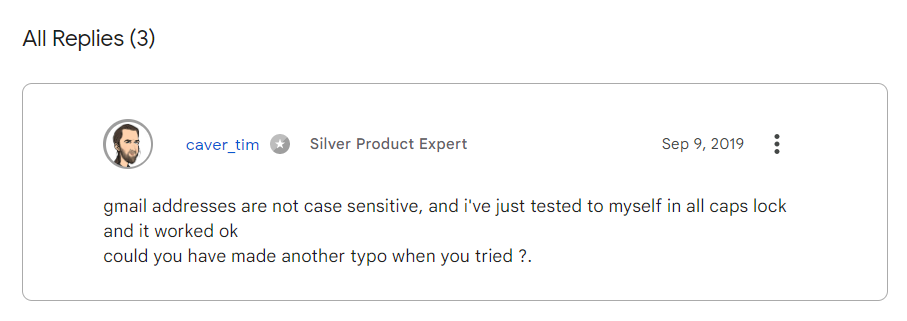


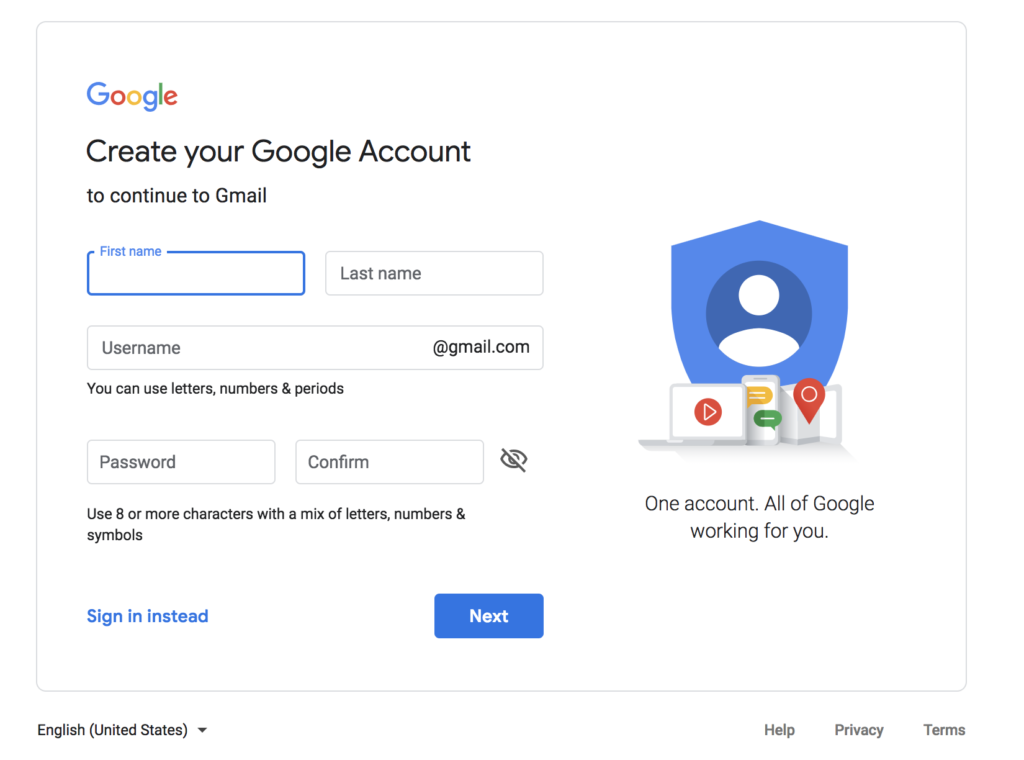

:max_bytes(150000):strip_icc()/what-does-case-sensitive-mean-2625824-1b74f9a942af40beb09a9f2a875a7192.gif)


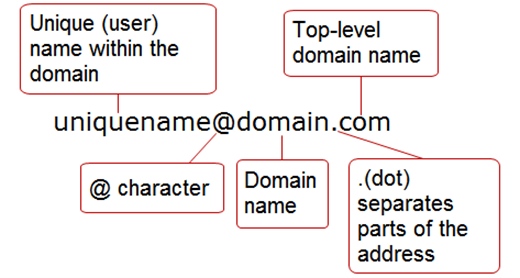
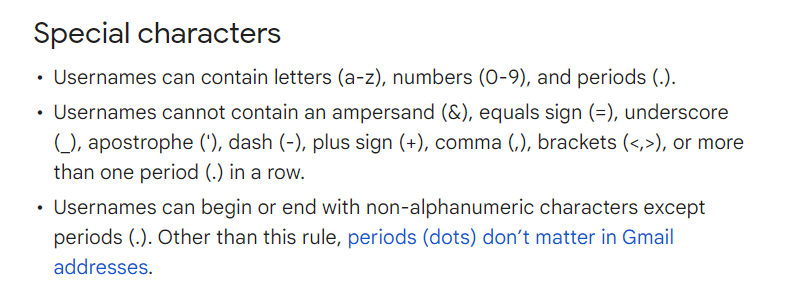

![Are Emails Case Sensitive? A Quick Guide [2023] Are Emails Case Sensitive? A Quick Guide [2023]](https://moosend.com/wp-content/uploads/2023/04/Reminder-Email.png)







![User email should not be case sensitive [#2490294] | Drupal.org User Email Should Not Be Case Sensitive [#2490294] | Drupal.Org](https://www.drupal.org/files/issues/2021-05-31/Screenshot%20from%202021-05-30%2010-02-10.png)










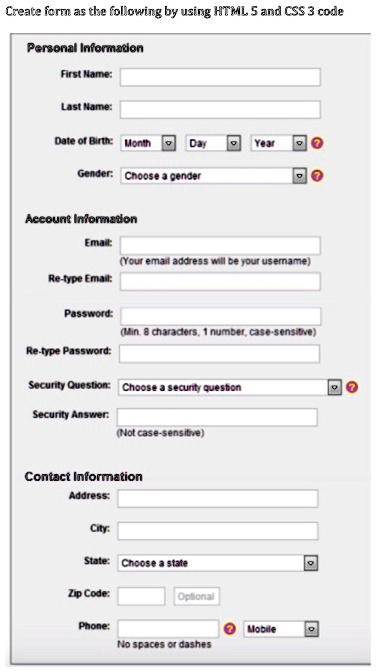








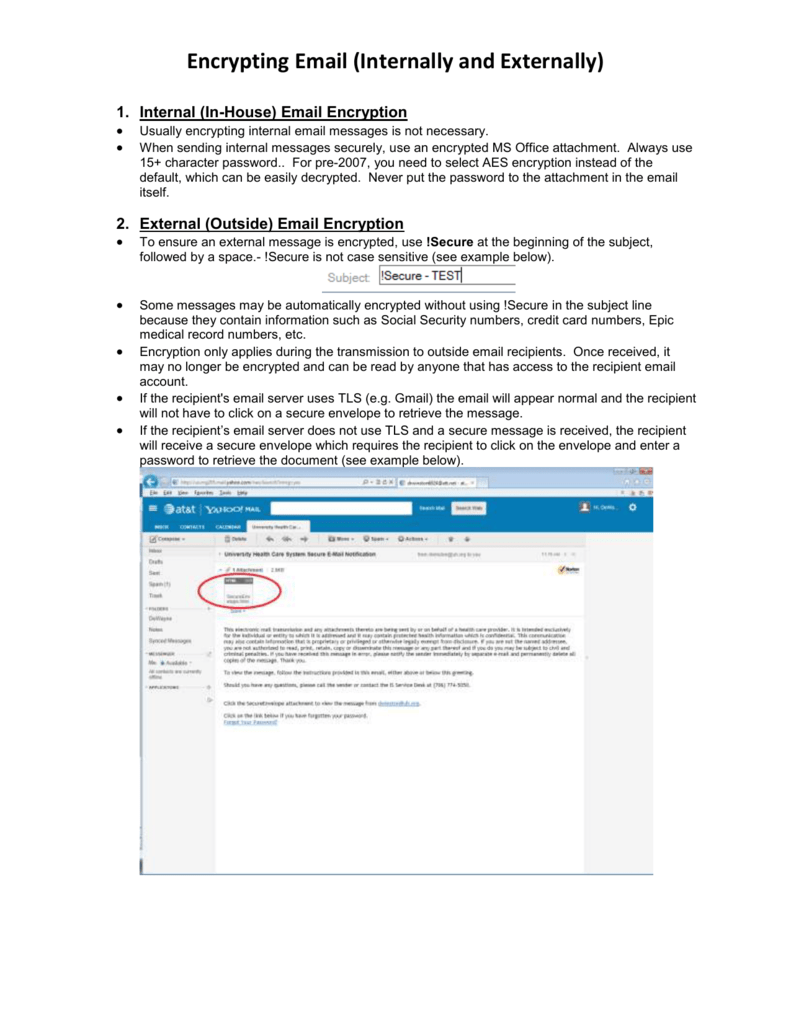




Article link: are emails case sensitive.
Learn more about the topic are emails case sensitive.
- Are Email Addresses Case Sensitive? And Other … – Mailchimp
- Does capitalization matter in email addresses? – Pipedrive
- Are Emails Case Sensitive? What You Need to Know – Drip
- Are Gmail Addresses Case Sensitive – Tutorialspoint
- Are Email Addresses Case Sensitive? – MailBluster Blog
- Are Email Addresses Case Sensitive? – Sendinblue
- Are Emails Case Sensitive? What You Need to Know – Drip
- Are email addresses case sensitive? – Verifalia
- Are email addresses case sensitive? – smtp – Stack Overflow
- Are Emails Case Sensitive? A Quick Guide [2023] – Moosend
- Are Email Addresses Case Sensitive? – Captain Verify
- Are email addresses case sensitive: a marketer’s guide
- Are Emails Case Sensitive: All Questions Answered | Bouncer
- Are Email Addresses Case Sensitive? – MailBluster Blog
See more: https://nhanvietluanvan.com/luat-hoc